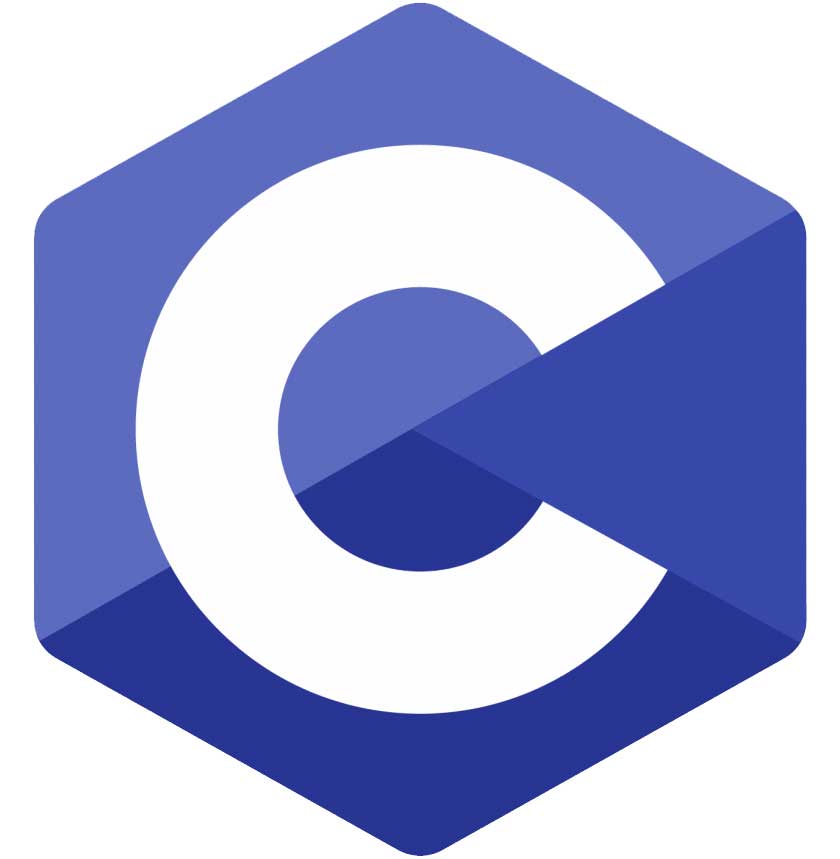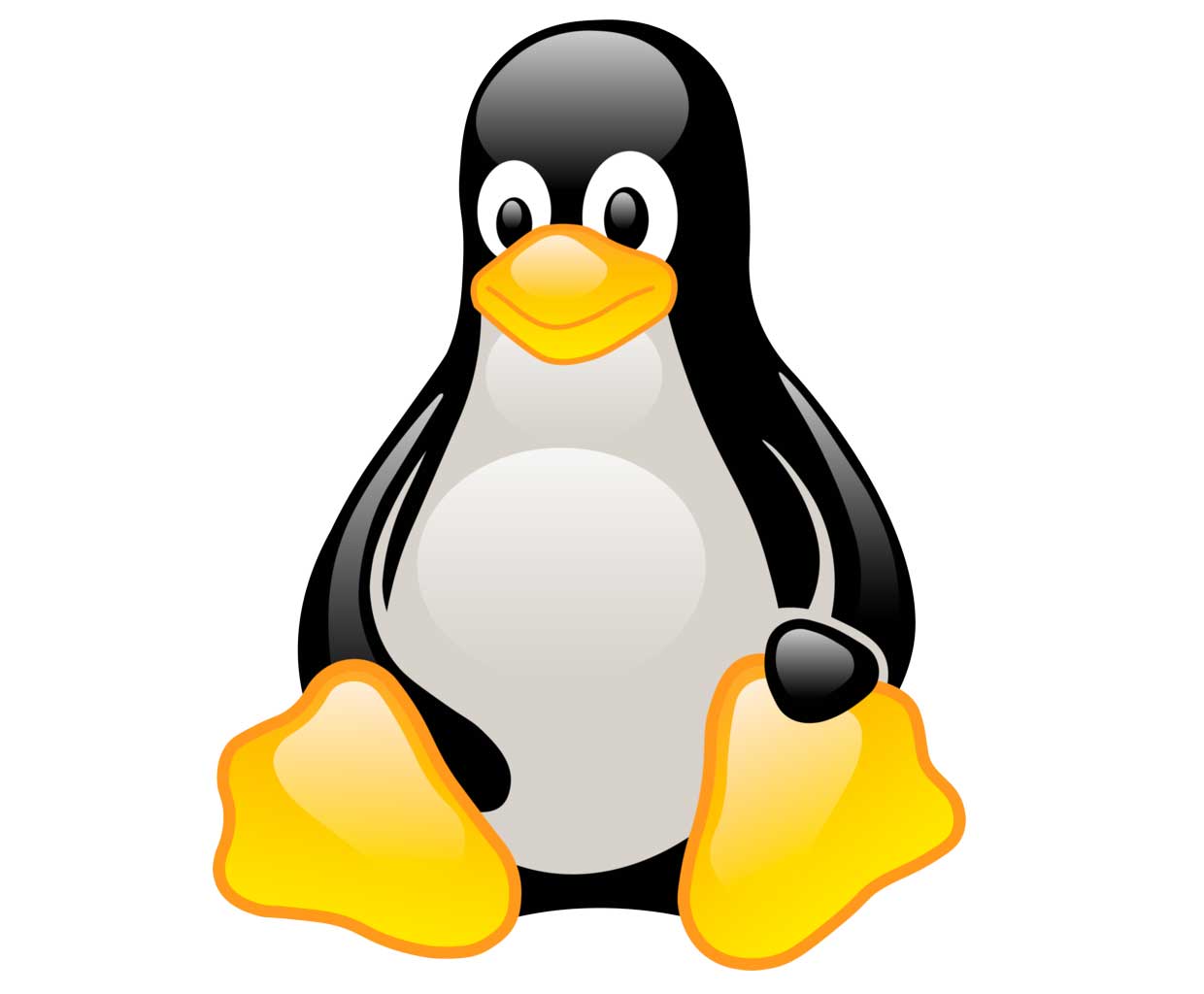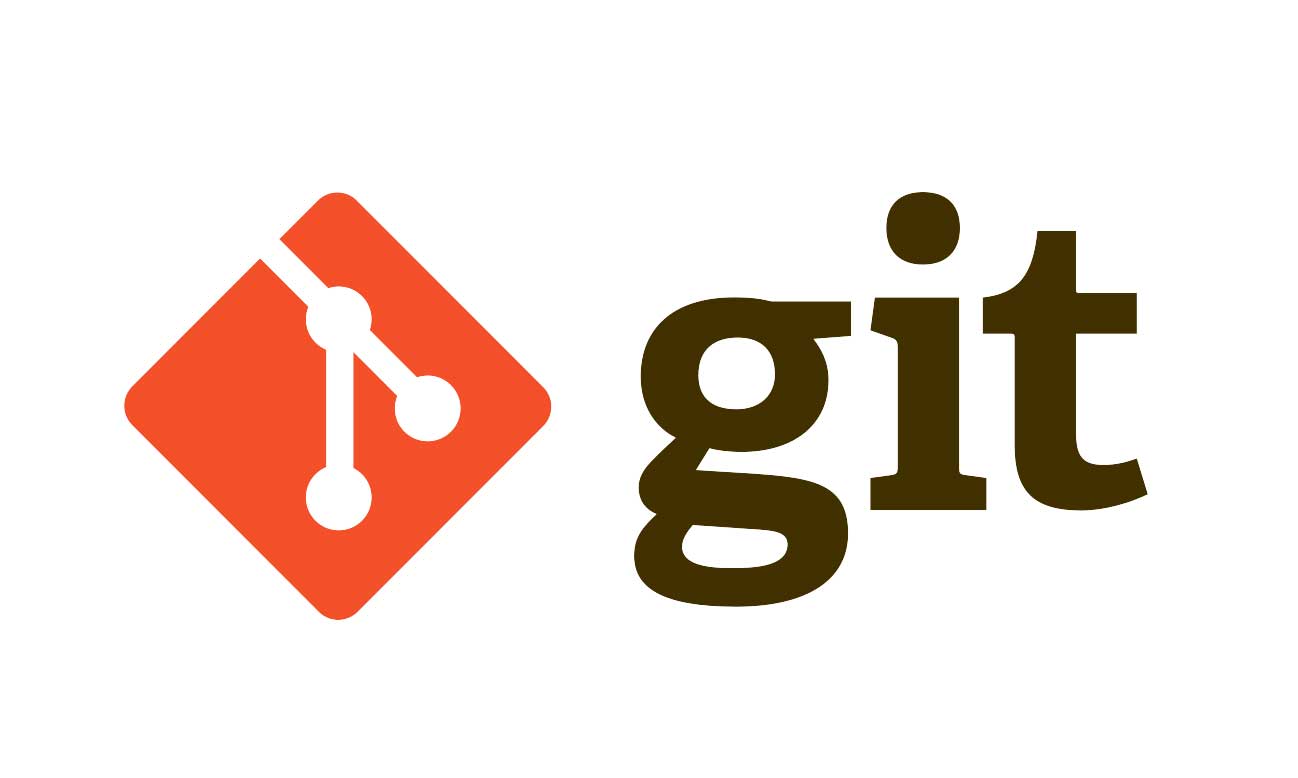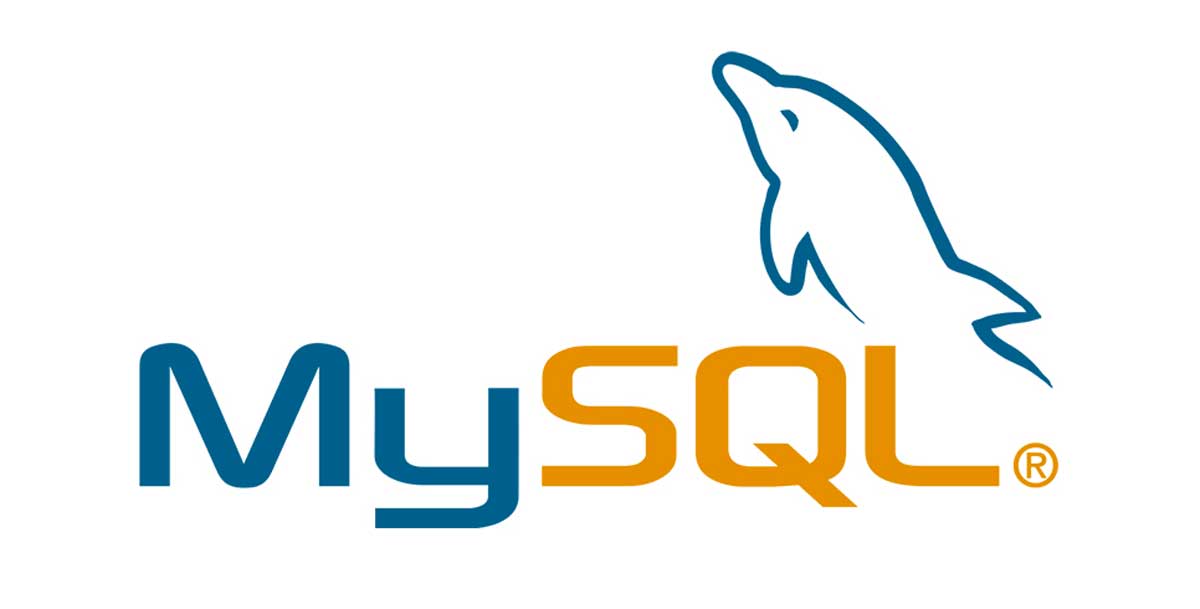Software Reference Pages from TheTechnologyVault.com
C is a portable, efficient, procedural language for systems programming, offering low-level memory access and a powerful standard library.

The C programming language, created by Dennis Ritchie at Bell Labs in 1972, is a general-purpose programming language that has significantly influenced the development of modern programming languages. C is particularly well-suited for systems programming, operating systems, embedded systems, and other low-level applications, offering a balance between high-level abstractions and low-level access to computer resources.
C is a procedural language, which means it emphasizes the use of functions and procedures to structure code. Its syntax is simple and compact, with a rich set of operators, data types, and control structures. One of the key features of C is its low-level memory access, allowing developers to work directly with memory addresses and data structures like pointers, which enables efficient memory management and fine-grained control over system resources.
C’s standard library is small but powerful, providing essential functions for tasks like input/output, memory management, string manipulation, and mathematical operations. The language’s portability across different platforms and its ability to produce efficient machine code have contributed to its widespread adoption.
Over the years, C has remained popular and relevant in the programming world, serving as the foundation for other languages like C++, C#, and Java. It has a vibrant ecosystem of libraries, frameworks, and community resources that continue to expand its capabilities. The C language’s efficient performance, portability, and versatility make it a valuable tool for developers working in various domains, from systems programming to embedded systems and beyond.
Developed by Dennis Ritchie at Bell Labs in 1972, the C programming language quickly gained popularity due to its efficiency and portability. It was heavily influenced by the B programming language and, in turn, became the foundation for many other programming languages, such as C++, C#, and Java.
Systems programming, creating operating systems, embedded systems, and other low-level applications. C provides a good balance between high-level abstractions and low-level access to computer resources.

A pioneering operating system developed at Bell Labs that has influenced the design of many subsequent operating systems. The Unix operating system was one of the first major projects to be written in the C programming language, showcasing its capabilities for systems programming.

An open-source operating system kernel created by Linus Torvalds. It is widely used across different platforms, from servers and desktop computers to smartphones and embedded systems. The Linux kernel is primarily written in C, with some parts written in assembly language for specific hardware support.

A distributed version control system developed by Linus Torvalds, the creator of the Linux kernel. Git is widely used for managing the source code of various software projects, including the Linux kernel itself. Git is written in C to ensure high performance and cross-platform compatibility.

A popular open-source relational database management system used in various web applications and services. MySQL is written in C and C++ to provide high-performance database operations.
Windows, macOS, Linux, or other Unix-based systems.
C compilers are widely available for various platforms, ensuring portability across different operating systems.
The installation process varies depending on the compiler and operating system.
For Unix-based systems, compilers are typically available through package managers (e.g., apt for Debian-based systems or yum for Red Hat-based systems).
For Windows, precompiled binaries can be downloaded from the respective websites or installed through package managers like MSYS2 or Cygwin..
#include <stdio.h>
int main() {
printf("Hello, World!\n");
return 0;
}#include directive imports the standard I/O library (stdio.h), which contains the printf function used for printing text to the console.main function serves as the entry point for the program.main function, the printf function is called to print “Hello, World!” followed by a newline character.return 0; statement indicates that the program has executed successfully.To compile and run the program, you can use the command line or an IDE. For command-line compilation, use gcc -o hello hello.c (for GCC) or clang -o hello hello.c (for Clang) to create an executable named “hello”. To run the program, enter ./hello on Unix-based systems or hello.exe on Windows.
/* ... */ for multi-line comments and // for single-line comments (C99 and later).int (integer), float (floating-point), double (double-precision floating-point), and char (character). Additionally, you can create more complex data structures using pointers, arrays, structures, and unions.if, else, for, while, do-while, switch, break, and continue. These structures allow you to control the flow of your program based on conditions or loops.stdio.h (standard I/O), stdlib.h (general utilities), string.h (string manipulation), math.h (mathematical functions), and time.h (time handling).stdio.h header. Functions like fopen, fclose, fread, fwrite, fprintf, and fscanf allow you to open, close, read, and write to files.errno global variable and the perror function, which can be used to display error messages.socket.h, netinet/in.h, and arpa/inet.h. These headers provide functions for creating sockets, handling network addresses, and performing other network-related tasks.pthread.h). This library provides functions for creating, managing, and synchronizing threads.-O flag to enable different levels of optimization during compilation.snprintf instead of sprintf), input validation, and proper handling of pointers and memory allocations.The C programming language, developed in 1972, remains relevant and widely used today for systems programming, operating systems, embedded systems, and other low-level applications. Its key features include procedural programming, low-level memory access, portability, and efficiency. The C language serves as the foundation for many other programming languages and has a rich ecosystem of libraries, frameworks, and community resources.
By following this guide and taking advantage of the available resources, you’ll be well on your way to mastering the C programming language.